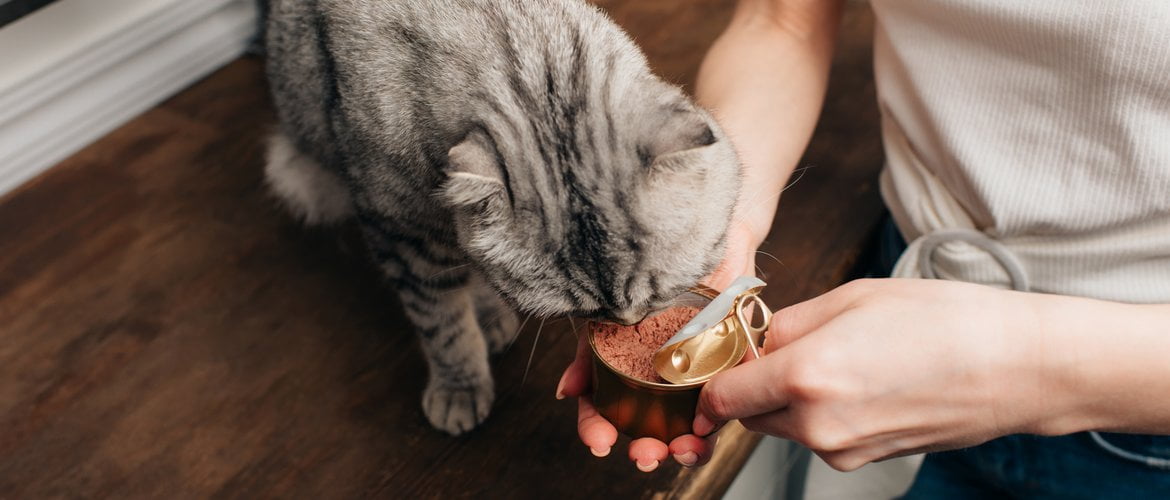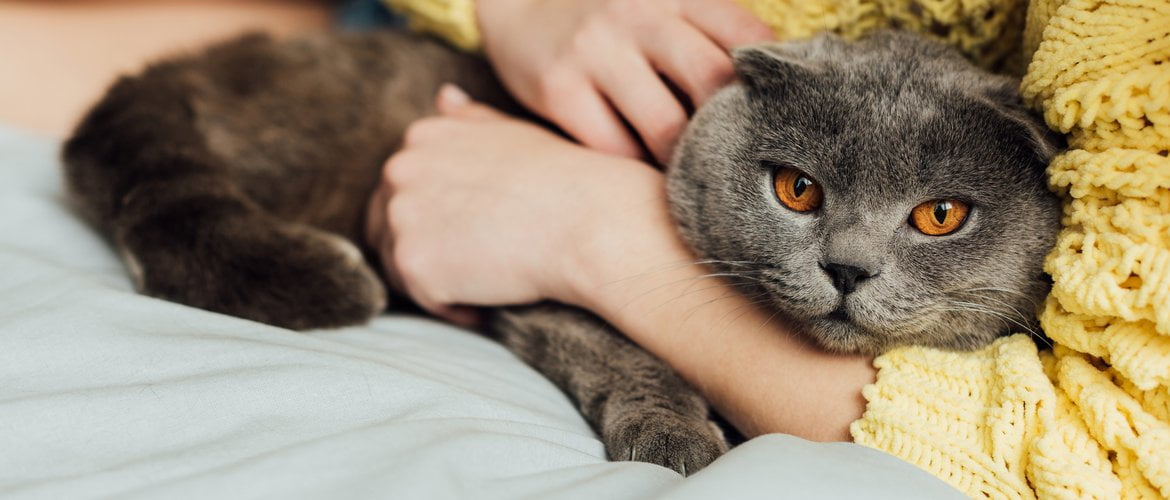Jul 15, 2019, 1:01 PM
The most seemingly insignificant things can throw off a cat’s feeding habits completely. If your cat isn’t eating, it’s easy to blame the quality of their food immediately. Of course, if you’ve been feeding your feline a cat formula from a reputable brand - such as Calibra, which is unlikely to spoil - it probably isn’t the cause for its reluctance to eat. In many cases, a cat’s sudden loss of appetite can be traced back to its environment. Felines are incredibly sensitive to change and can be negatively impacted by environmental factors that us humans wouldn’t even notice. In this piece of write-up, we’ll be discussing some of the most common environmental factors which may affect your cat’s feeding habits.

Season
A cat’s appetite will rise and fall, depending on the time of the year. During the winter months, for example, it can be incredibly difficult to hunt for prey. Because of this, cats rely more on the food provided by their owners. However, a 2014 study conducted by the University of Liverpool found that cats eat 15% less in summer. This number is even higher in the United Arab Emirates, where summer temperatures can reach as high as 40-50° C.
Social Setting
If you own several cats, you may have noticed that they operate on a hierarchical social structure. This influences every aspect of the group’s life, from - who sleeps where to who eats when. If your cats eat out of the same bowl, the dominant cat will always eat first. Once the strongest cat has had its meal, the second-in-command will begin to eat. Each cat eats less than the last, and the dish may be empty by the time the meekest cat gets its turn. If one of your cats is markedly thinner than the others, you can assume it is the least dominant of the group. It may annoy you for additional food because it didn’t get adequate nutrition during feeding time.
Human Behavior
The behavior of yourself and the people you interact with can have a significant impact on your cat’s appetite. Loud noises will likely leave your cat feeling stressed, so if you often have arguments with your housemates, you may be inadvertently derailing your pet’s eating habits. Secondly, cats crave consistency and don’t take kindly to strangers coming and going. If you regularly host visitors that are unknown to your cat, it will have a hard time feeling comfortable enough to eat without pausing to look over its shoulder.

Pests
Pests are a common problem in Dubai, with rats and mice regularly working their way into the walls of the city’s buildings. If you live in an older building in Dubai, the most likely scenario is that your cat is frequently catching pests. You may not even be aware of its hunting, as most cats tend to eat smaller mice and rats whole (as gruesome as it sounds). If your cat is enjoying a regular diet of caught prey, it probably won’t be all that interested in the contents of its food bowl.
